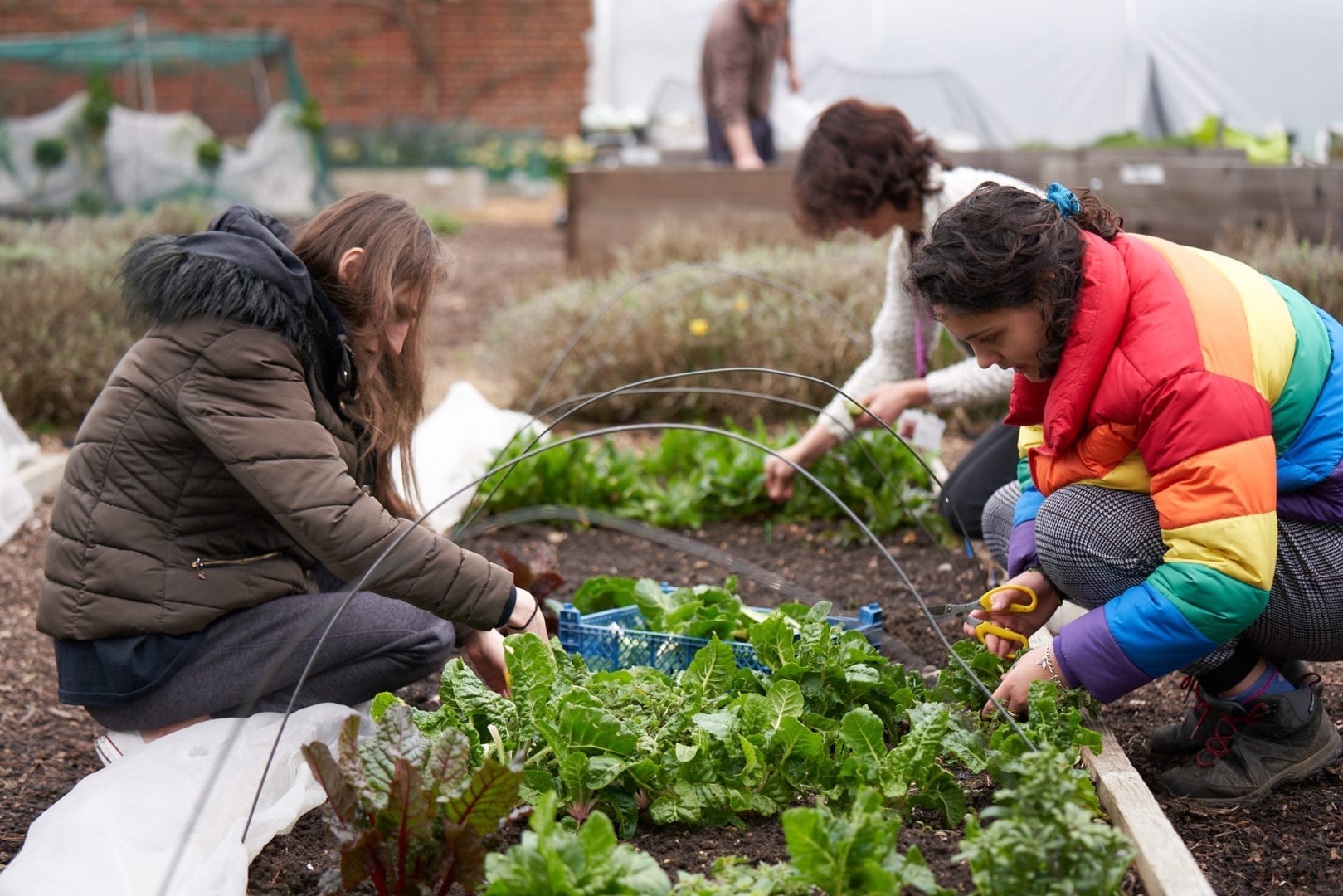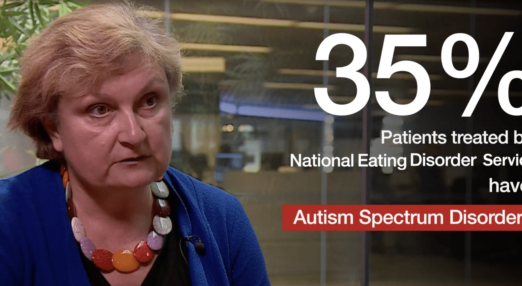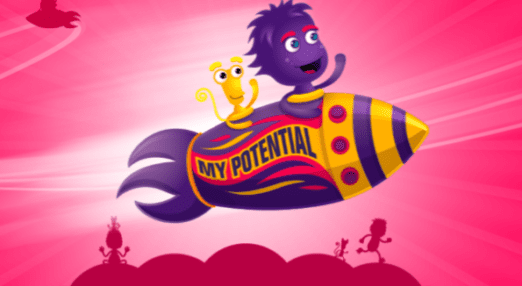A mobile app for people with autism and anxiety
Funding further development of Molehill Mountain, an app to help people with autism manage anxiety
A clinical team led by the Institute of Psychiatry, Psychology & Neuroscience, King’s College London, working with the research charity Autistica, will enable further development of a mobile app to people with autism manage anxiety. This is the most common treatable mental health condition in autism, experienced by 40% of the 700,000 autistic people in the UK. (source: NAS)
Molehill Mountain
Molehill Mountain will be part of a digital learning package on anxiety and autism which includes an email course and supporting web content.
Research studies show that 40-50% of autistic people suffer with anxiety disorders – vastly higher rates than in non-autistic people. Helping people understand the causes of anxiety and the reasons for their symptoms is key to managing it better.
Molehill Mountain is based on Cognitive Behaviour Therapy (CBT) approaches adapted for autistic people. It builds on the latest research into anxiety in autism and puts these techniques into the hands of autistic adults across the UK.
The app originated from a hackathon held at Deutsche Bank when Autistica was one of its Charities of the Year in 2016-17. More than 150 of the bank’s technology and design experts competed to develop a prototype, with all coding created donated to Autistica. It was also received funding by Maudsley Charity, the ‘Worshipful Company of Information Technologists’ Charity and The Pixel Fund.
Jon Spiers, Chief Executive at Autistica, explains:
‘Too often autistic people receive inappropriate anxiety support and sometimes they’re unable to access any support at all. We wanted to offer something practical that can be used whenever and wherever it’s needed. Many autistic people have a real affinity with tech and our autistic testers and developers told us that personalisation was important, so an app seemed like the perfect solution.’
Find out more about the app, including how to download it, on the Autistica website
Daily engagement
Molehill Mountain gets users to track their worries and how they’re feeling through a quick daily check-in. The user is prompted to open the app to play Molehill Mountain, an activity designed to identify and capture any worries. Completing the activity unlocks a daily tip about anxiety and autism. The user is then asked three simple questions about their day and given the option to add more context to a daily diary. At each check-in, the user tracks their progress up Molehill Mountain and reviews their stats, tips and diary entries through a dashboard. The app delivers its programme over 14 check-ins but can be used for longer. Users can also share their progress with a trusted supporter.
Addressing barriers to continued use
Despite high potential and interest for clinical mental health apps, research suggests that many fail because of low engagement levels. Users report that these apps are often unhelpful, don’t address their problems or feel insecure or untrustworthy. Autistica and King’s College London worked closely with autistic people and developers to ensure that Molehill Mountain is easy to use, engaging, relevant and secure.
As someone with lived experience of anxiety, Amy helped Autistica to develop the app. She says:
‘I enjoyed getting involved – it is great to have my needs heard. I am pleased that research is being used to create a practical tool to help people like me cope better in everyday life.’
The team are taking an iterative approach to developing Molehill Mountain. They will continue to test and learn with users of the app to plan new features and other improvements.
“We are delighted to receive this funding from Maudsley Charity. Autistic people rate better management of their mental health as a top priority, but there are insufficient clinical services to meet their needs. In response to this, the initial version of the app, launched in the summer of 2018, was very positively received by autistic people and their families and caregivers.
"The new work funded by Maudsley Charity will allow us to significantly enhance the capabilities of the app to extend and personalise the range of management strategies available. We believe this will play an important part in providing universal access to evidence-based interventions for autistic people.
"We based the content of Molehill Mountain on adapted cognitive-behavioural therapy (CBT) principles, as there is good evidence that CBT can help to reduce anxiety symptoms in people with autism. It is not clear yet how effective Molehill Mountain will be for helping people to manage their anxiety, but we will be following a group of users to see how they get on."
Support mental health innovation
With your help we can support more world-class innovation, research and clinical care that will transform the mental health of children and young people.
Donate
Suggested reading
-

Supporting people with autism experiencing eating disorders
Developing tailored treatment for patients with a diagnosis of Autism and an eating disorder
Read more
-

CUES-Ed
An innovative psycho-education programme to improve mental health resources for children
Read more
-

Pears Maudsley Centre for Children and Young People
Transforming young people’s mental health care and support through pioneering new approaches. Funding to date: £10.3m
Read more
